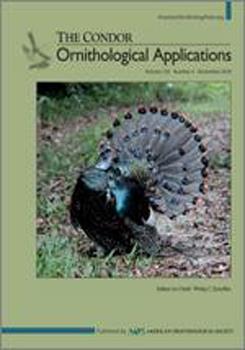Open-source primary biodiversity data, or digital accessible knowledge (DAK), are widely used in biodiversity informatics to understand the status of global biodiversity, model lspecies' ecological niches and geographic distributions, and inform biodiversity conservation decisions. However, these datasets are often unavailable, incomplete, or unevenly distributed across regions. We examined DAK for the birds of western Africa, obtained from the Global Biodiversity Information Facility (GBIF) and eBird, to identify gaps in the current knowledge of birds of western Africa, which can be used to guide future avian surveys across the region. We cleaned and standardized the data, resulting in >430,000 records, with 91% from eBird. From these we calculated inventory completeness indices for all grid cells at 0.5°, 0.3°, and 0.1° spatial resolutions across the region. We defined well-surveyed grid cells as those with completeness indices >80% and with >200 associated DAK records. We found marked spatial, seasonal, environmental, and temporal (historical) biases and information gaps in coverage. We identified 59 well-surveyed cells at 0.1°, 55 at 0.3°, and 50 at 0.5° resolution, with well-surveyed sites clustered around points of access such as major cities and national reserves or parks. Our results identified remarkably distinct areas in environmental space with diverse climatic conditions to be given priority for future avian surveys and conservation. The distinctiveness in the climatic conditions of these areas compared to well-surveyed sites is an indication that these areas when sampled could provide new insights into western African bird diversity. Lastly, we show the underrepresentation of traditional biodiversity data (e.g., museums, herbaria collections) compared to citizen science–enabled data (e.g., eBird), which demonstrates the potential of citizen science in documenting and monitoring biodiversity in western Africa, and by extension other poorly known regions of the world.
How to translate text using browser tools
25 July 2019
Completeness of digital accessible knowledge of the birds of western Africa: Priorities for survey
Benedictus Freeman,
A. Townsend Peterson
ACCESS THE FULL ARTICLE

The Condor
Vol. 121 • No. 3
August 2019
Vol. 121 • No. 3
August 2019
biodiversity data accessibility and use
biodiversity informatics
citizen science
conservation priority
inventory completeness
spatial and temporal sampling gaps





